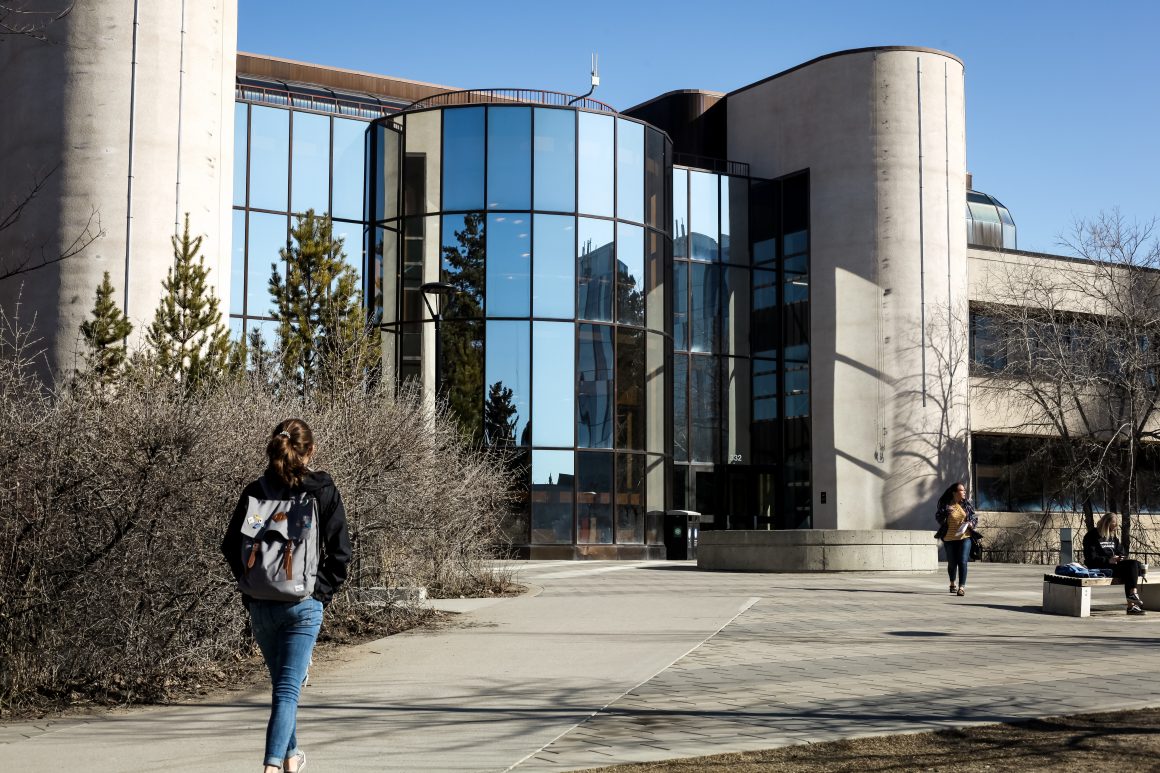
U of C approve 2019–20 budget but say provincial election results may lead to cuts
By Jason Herring, March 27 2019 —
The University of Calgary Board of Governors approved the school’s 2019–20 budget at their March 22 meeting.
The school’s consolidated budget totals $1.45 billion and includes expenses like materials and salaries and benefits, the latter of which comprises 57 per cent of the consolidated budget. Its capital budget totals $264.5 million and contains large-scale projects like the construction of the MacKimmie Complex and Mathison Hall.
The budget is part of the planning document called the Comprehensive Institutional Plan which the U of C submits to the Alberta government every year. Work on the budget began in June 2018.
According to U of C provost and vice-president academic Dru Marshall, much of the budget hinges on what the university receives from the Campus Alberta Grant, a payment by the provincial government to the U of C the school uses as part of their operating funds. The grant is allocated each year as a percentage increase or decrease of the previous year’s grant.
Marshall says that the budget is uncertain due to the upcoming provincial election. She says that the school assumes a two-per-cent increase in the Campus Alberta Grant if the New Democratic Party are re-elected but that a United Conservative Party government doesn’t come with the same funding certainty.
“If the NDP were to get in, we’re pretty confident that [a two-per-cent increase is] what we’d receive, and likely tuition backfill,” Marshall says. “We’re not so confident if it’s the UCP, and not really sure what would happen if it was UCP, so there is some uncertainty.”
Marshall says that since the U of C has already given its units the two-per-cent increase, anything less would necessitate cuts. A stagnant Campus Alberta Grant would be resolved through tactics like delaying new hires, while a decrease to the grant of minus three per cent or more would cause a deficit of more than $20 million and would result in significant cuts.
Despite the tough situation it would put the institution in, Marshall says the U of C has faced similar cuts in the past and would be able to calmly handle that situation.
“We did go through a separate 7.6-per-cent cut in the 2013–14 year and managed it with a calm demeanour on our campus, not panicking, making sure everyone understood what would was going to happen,” she said. “I anticipated that’s what would happen if we were required to do that again.”
Frank Finley, the student-at-large representative on the BOG, asked Marshall how the university handled the cuts in 2013–14 and how they would approach a similar situation if it were to happen this year.
“That particular year, we had three strategies. One was to look at the amount that we could bow wave from one year to the next with one-year money so that we didn’t have to be really draconian with cuts in a brief time period where you don’t really have to think about them. Then we identified what were the major cuts that could be made in a few different ways,” Marshall responded. “But probably the biggest strategy was delaying hiring. So if we had vacancies, we didn’t hire until the following year. That’s one of the things we’ve identified again that would probably be on the docket this year, rather than cutting people.”
The draft of the U of C’s 2019–20 budget as approved by the BOG can be viewed on thegauntlet.ca.
Correction: A previous version of this article erroneously said that the U of C must submit the CIP to the provincial government every three years. In fact, they must submit this document to the government every year. The
Gauntlet apologizes to its readers for this error.
